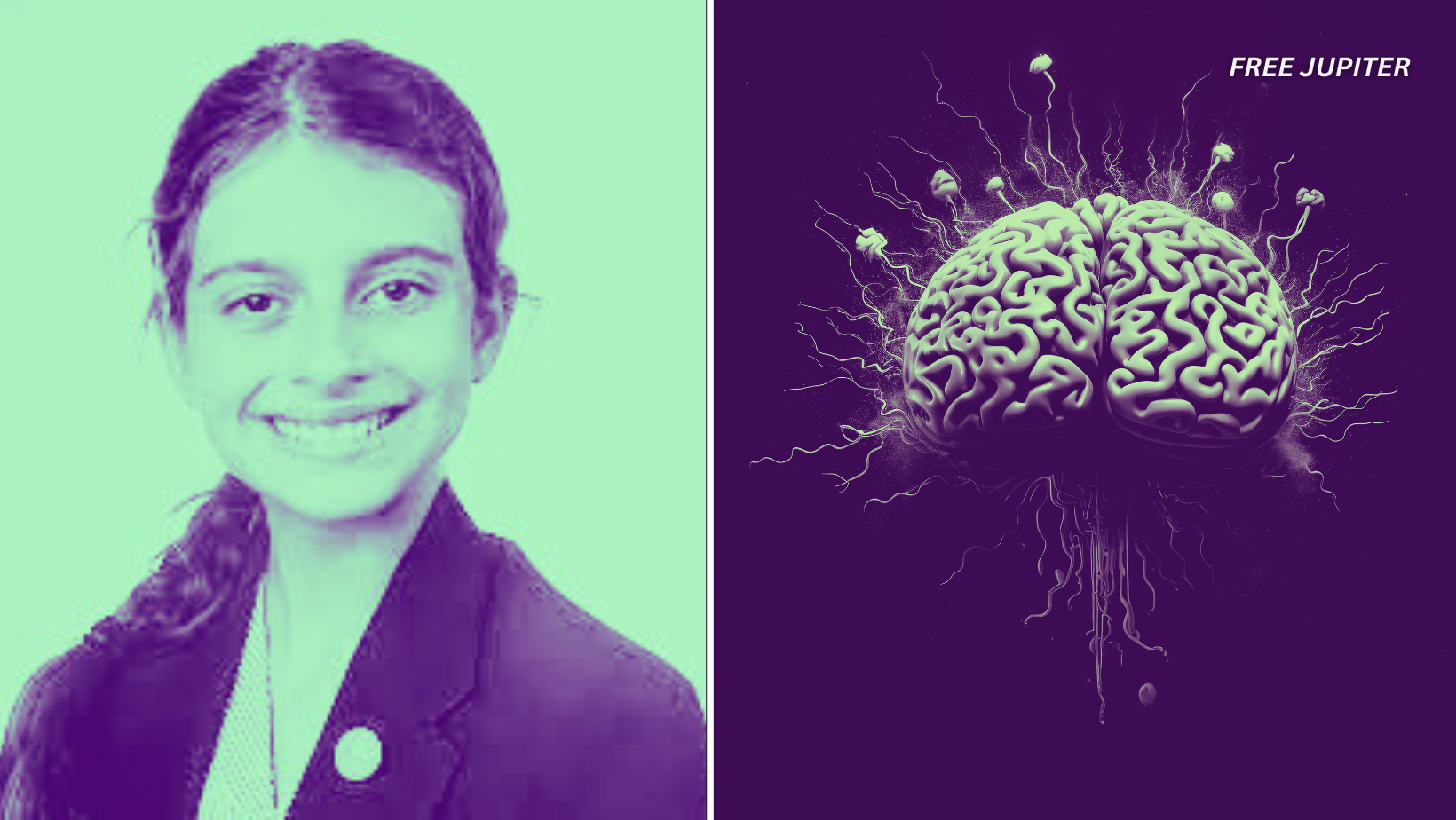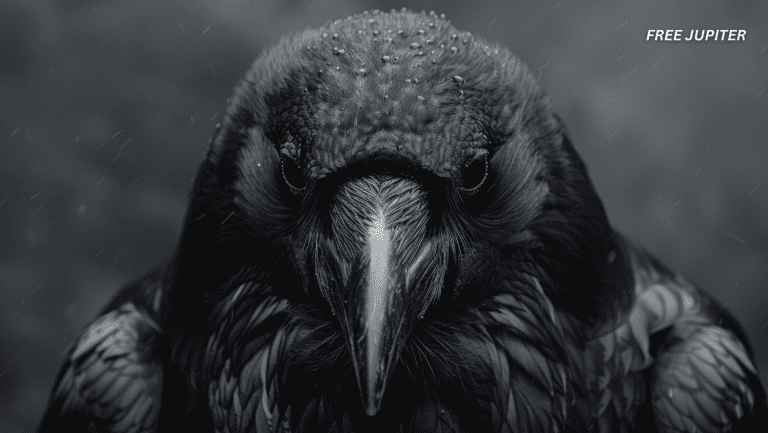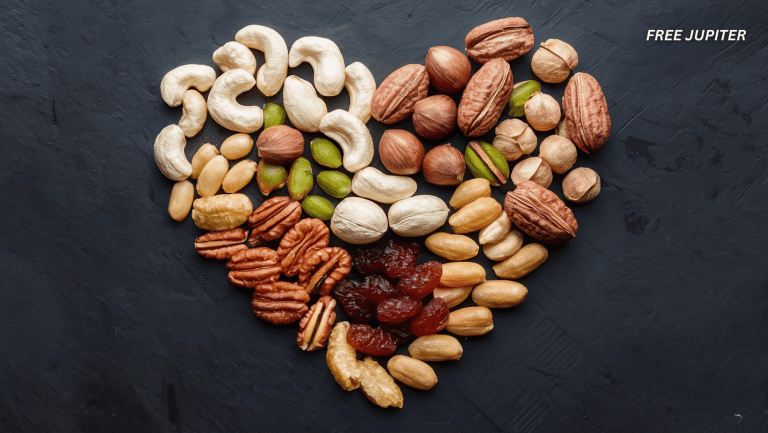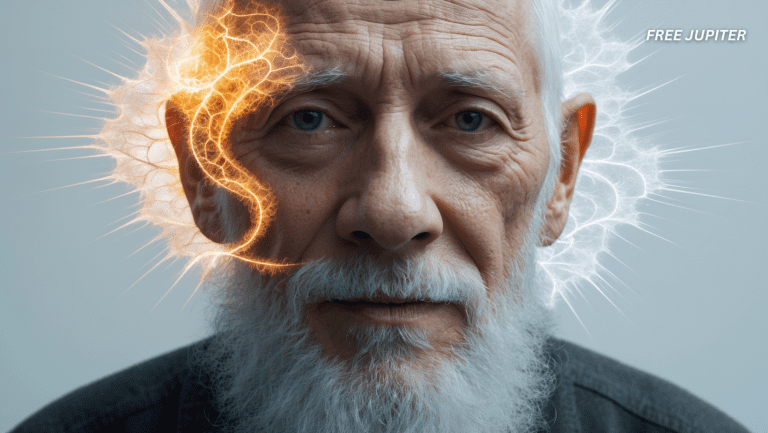A remarkable achievement was recorded when 13-year-old Sofia aced an IQ test, securing the highest possible score despite having no time for preparation. Her mother, Cecylia Kot Arcuri, 36, has always recognized her daughter’s intelligence and was filled with pride upon hearing the news.
Coming from Kings Hill, Kent, Cecylia, a mother of three, recalled that Sofia had always stood out academically. Throughout primary school, she consistently ranked at the top of her class. Excelling in her 11-plus exams, she secured a place at a prestigious grammar school with ease.
“She’s always been naturally gifted,” Cecylia shared. “She doesn’t just study—she absorbs knowledge effortlessly. At home, she casually shares random facts that amaze everyone around her.”
Despite her sharp intellect, Sofia remains a down-to-earth teenager. Described as sociable and well-liked, she enjoys a thriving social life, defying stereotypes often associated with exceptionally intelligent individuals.
“We knew she was bright, but achieving the highest possible score? That was completely unexpected,” Cecylia admitted.
Read more: Pythagorean Theorem Found on Ancient Tablet 1,000 Years Older Than Pythagoras Himself
No Preparation, Yet Outstanding Results
Due to a demanding school schedule, Sofia had little to no time to prepare for the Mensa IQ test, which she sat for in January. Unlike others who undergo rigorous practice beforehand, she went into the test with a fresh mind and no prior exposure to Mensa-style questions. Her ability to think quickly and logically was put to the test in real-time, making her achievement even more impressive.
IQ tests typically assess reasoning skills, pattern recognition, and problem-solving abilities under time constraints. Many candidates spend weeks or even months preparing for such assessments, familiarizing themselves with test formats and practicing challenging questions. Sofia, however, approached it without any special preparation, relying solely on her natural cognitive abilities.
Her ability to analyze complex questions on the spot and identify solutions with accuracy highlighted her innate intelligence. While others might have been thrown off by the test’s unique structure, she adapted seamlessly, demonstrating exceptional mental agility. This raw talent suggests a deep-rooted intellectual capacity that extends beyond textbook learning.
When the results arrived on March 14, the excitement was overwhelming. Cecylia, eager to capture the moment, stood by the door and recorded her daughter’s reaction as she opened the envelope.
“She was absolutely thrilled,” Cecylia recounted. “The joy on her face was priceless.”
A Passion for Coding and the Arts
Academically, Sofia excels in several subjects, particularly in computer science, where she consistently ranks at the top of her class. Her love for technology is evident, and she has already set her sights on a future in the field.
“One day, she came home and told me how she solved a bug in class that even her teacher couldn’t fix,” Cecylia shared. “It was such a proud moment.”
Beyond academics, Sofia has a keen interest in the arts. She is a dedicated ballet dancer and frequently participates in performances with her dance school. In addition to dancing, she is passionate about musical theatre and plays the piano regularly.
Read more:Americans Are Absolutely Horrible At Sorting Facts From Opinions: Study
Support and Admiration From Friends
The news of Sofia’s achievement was met with admiration from her school friends. Initially, many found it hard to believe, but once the reality set in, they celebrated her success wholeheartedly.
Sofia admitted that taking the test was a nerve-wracking experience. “The layout was unfamiliar, which made it a bit intimidating,” she recalled. “But when I got the results, I was over the moon.”
A Legacy of Mathematical Talent
It appears that Sofia’s mathematical abilities run in the family. Her mother, Cecylia, works in finance, a field that demands strong numerical skills. However, the influence seems to stretch back even further. Sofia’s grandfather, Antoni Kot, was a well-respected mathematician and headteacher in Poland. Until his passing in 2023 at the age of 86, he continued to tutor students, demonstrating sharp mental acuity until his final moments.
“His love for maths and problem-solving never faded,” Cecylia reminisced. “We believe Sofia inherited her talent and passion from him.”
Sofia’s future certainly looks bright, with a wealth of opportunities awaiting her. Whether in technology, the arts, or academia, she is poised for success, proving that intelligence and creativity can go hand in hand.
Can you make it into Mensa? Take our IQ quiz and add up your score to find out
Instructions:
Try to answer the following questions without using external tools like calculators or the internet. The test covers logic, pattern recognition, mathematical reasoning, spatial awareness, and verbal intelligence. Answers are provided at the end.
1. Number Sequence
What comes next in the sequence?
3, 6, 11, 18, 27, __?
2. Logical Deduction
A man has 4 daughters, and each daughter has a brother. How many children does he have?
3. Odd One Out
Which word does not belong?
A) Dog
B) Cat
C) Eagle
D) Rabbit
4. Analogy
Pen is to paper as brush is to __?
5. Spatial Reasoning
If a cube has all its faces painted and is then cut into 64 smaller cubes, how many smaller cubes have exactly two painted faces?
6. Word Scramble
Rearrange the letters in “GRAINS” to form a word related to science.
7. Mathematical Puzzle
A clock shows 4:20. What is the angle between the hour and minute hands?
8. Code Breaking
If in a certain code, HAT = 8120, DOG = 4150, then what is the code for FISH?
9. Riddle
I speak without a mouth and hear without ears. I have no body, but I come alive with the wind. What am I?
10. Pattern Recognition
What is the missing number in this pattern?
2, 5, 10, 17, __, 37
11. Logical Deduction
All roses are flowers. Some flowers fade quickly. Therefore: A) All roses fade quickly.
B) Some roses fade quickly.
C) Some flowers are roses.
D) No valid conclusion.
12. Visual Reasoning
Which shape does not belong in the following set: square, rectangle, triangle, hexagon, circle?
13. Number Puzzle
What is 111 multiplied by 111?
14. Anagram Challenge
Rearrange the letters “NOR DOM AN” to form the name of a famous historical figure.
15. Word Association
Which word is associated with both light and rain?
16. Logical Series
Find the next number in the sequence:
1, 1, 2, 3, 5, 8, __?
17. Lateral Thinking
A man stands on one side of a river, his dog on the other. The man calls the dog, who immediately crosses the river without getting wet or using a bridge or boat. How?
18. Mathematics Challenge
A farmer has 24 sheep. If all but 6 run away, how many remain?
19. Letter Pattern
What comes next in the sequence?
A, C, F, J, O, __?
20. Common Sense Puzzle
What two things can you never eat for breakfast?
Answers:
- 38
- 5 (They all share the same brother)
- C) Eagle (It’s the only one that isn’t a mammal)
- Canvas
- 24
- GRAINS → SARING
- 10°
- 6980
- An echo
- 26
- D) No valid conclusion
- Circle (It has no edges)
- 12321
- NOR DOM AN → Norman
- Prism
- 13
- The river is frozen
- 6
- U (Pattern is +1, +2, +3, +4, +5)
- Lunch and dinner
How did you do?
Scoring:
1 – 5 correct answers Try again
6 – 9 correct answers Average
10 – 12 correct answers Good
13 – 15 correct answers Excellent
16 – 20 correct answers Potential Mensa Member










